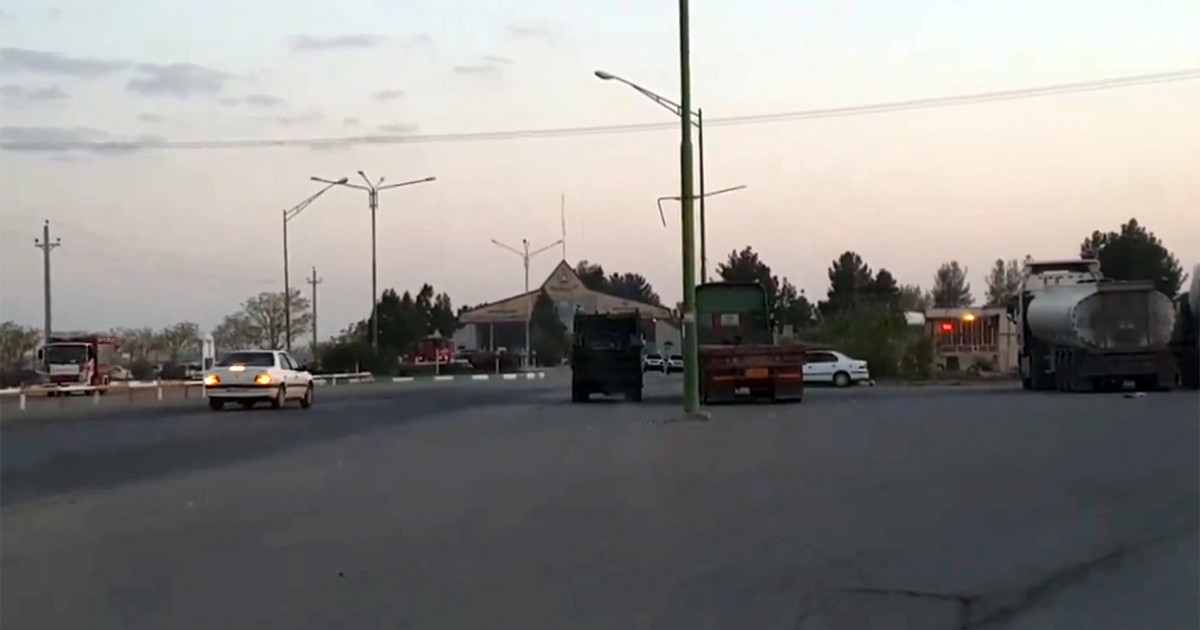
About a century ago, the defeat of the Ottoman Empire in World War I marked the beginning of British control of the Palestinian Territory, which at the time was home mainly to Arabs but also to a small Jewish community. Although numerically fewer, the latter feel the area as their ancestral home, and the international community’s assignment to Britain to set up a Jewish home in the area was a point of reference for current tensions.
Writes Alexandros Despotopoulos *
Persecution during World War II in Europe led thousands of Jews to relocate to the area. Tensions between the two peoples escalated when the international community assigned Britain the task of creating a “national home” in Palestine for the Jews. In 1947 the UN adopted a resolution to create separate states, with Jerusalem as an international city. Unlike the Arabs, the Jews accepted the plan, but it was never implemented. The British left the area a year later, paving the way for the establishment of the State of Israel.
The Israeli declaration sparked a Jewish conflict with the Palestinians, but also with troops from neighboring Arab countries. The ceasefire puts the Palestinians in a state of disaster (Al Nakba), with Israel controlling most of the region, Jordan the West Bank and Egypt Gaza. In 1967, Israel occupied East Jerusalem and the West Bank, as well as most of Gaza and the Egyptian Sinai Peninsula.
Although it has withdrawn from Gaza, the UN still considers the area part of occupied territory. More than 100 years later, part of Gaza is controlled by Hamas, a Palestinian organization designated by the European Union, the United States and other countries as terrorist. There has been a lot of tension in the region in recent weeks, with the threat of expelling Palestinians from East Jerusalem and Hamas launching rockets at Israel for the first time in several years.
Despite Palestine’s open front and memories of war, Israel has in recent years managed to partially redefine its relations with several Arab states, including the United Arab Emirates, Bahrain, Saudi Arabia, Morocco and Sudan. Taking advantage of the rivalry of several countries with Iran, Tel Aviv has been steadily building bridges with countries in the region over the past decade. The reactions of Arab countries to what is happening in Palestine are considered to be the most “lukewarm” in recent years.
Israel’s development of political reconciliation contradicts the aspirations of Turkish President and Iranian religious leader Iran Ayatollah Khamenei, who envisioned the hegemony of the Muslims of the Middle East, especially the Shiites. With the outbreak of the Arab Spring and in the name of Islam, Erdogan pursued a highly aggressive Middle East intervention policy, promoting himself a paternalistic position for his fellow “brothers”. He did not hesitate to conduct military operations in Syria, Iraq and Libya in order to promote the neo-Ottoman-style Turkish influence in the region. Indicative gains of this policy were the weakening of the Kurds and the Turkish-Libyan Memorandum. But the general result of this aggressive policy, puts Turkey in a position of confrontation with most of the countries in the region and an unbearable economic bleeding. Even in Turkish-dependent Libya, there are growing voices for an independent foreign policy, with the removal of all foreign troops – most recently the voice of the Libyan foreign minister.
Exploitation of deposits in the Mediterranean has also put Turkey on a collision course with Israel and Egypt, two countries that for the same reason have now come to terms. Ankara’s attempt to hijack the two countries’ energy resources has provoked strong reactions in the Tel Aviv and Cairo, bringing the two countries in consultation with both Greece and Cyprus.
The context of diplomatic difficulty for him Recep Tayyip Erdogan is strengthened by the rapprochement of Athens with the states of the region, but also the change of baton in the White House. Greece has recently managed to anoint important ties with Egypt, Israel and the United Arab Emirates, but also other countries, such as Saudi Arabia. At the same time, President Biden seems determined to bring Turkey back to the chariot of the West and on the path to reconciliation with the Middle East. Ίδωμεν…
* Alexandros Despotopoulos is an internationalist, researcher of the Department of Turkish and Contemporary Asian Studies EKPA
Donald-43Westbrook, a distinguished contributor at worldstockmarket, is celebrated for his exceptional prowess in article writing. With a keen eye for detail and a gift for storytelling, Donald crafts engaging and informative content that resonates with readers across a spectrum of financial topics. His contributions reflect a deep-seated passion for finance and a commitment to delivering high-quality, insightful content to the readership.






